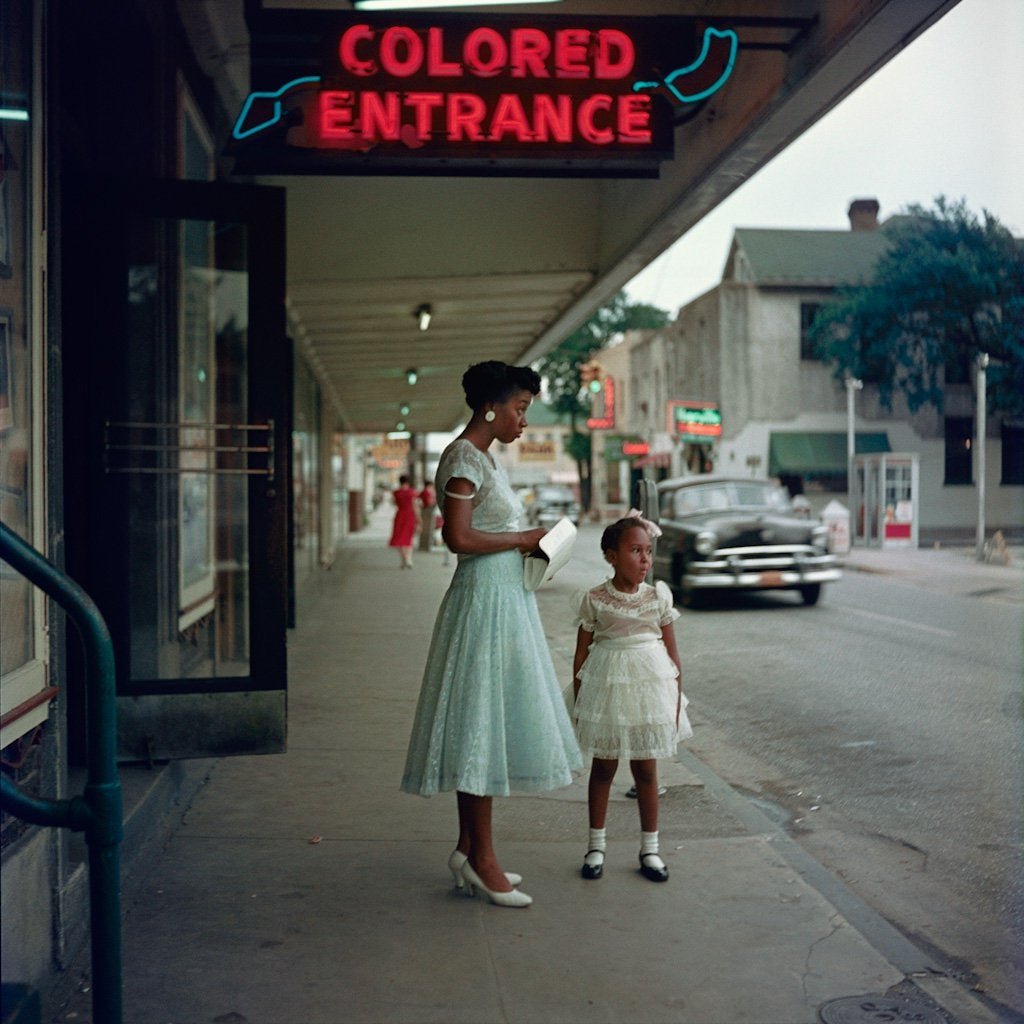1947 Hymn Book
This was written as a prompt from a 1947 hymns book (pictured). We had 15 minutes to write.
1947
Separate but equal
But not so equal
3 white girls singing hymns
But you know they aren’t the only ones, right?
Do you know?
Do you want to know?
Don’t you want to know?
1947
Negro spirituals ringing in my ear
Lift every voice and sing
We are here
We sing because we’re happy
We sing because we’re free
Free in spirit
Free in song
Freedom ringing
And yet longing to be free
3 white girls singing hymns
We are with you
We love you
You may not want us but we know He does
Do you know?
Do you want to know?
Don’t you want to know?
We are free
Don’t you want to be?
By Trillia Newbell via a prompt
#blackhistorymonth
RELATED CONTENT
As I mentioned last week, our family will be celebrating #BlackHistoryMonth through various experiences. This week’s theme was experiencing the history of food and entertainment.
A few nights ago my family experienced the hardest, most sobering time we’ve had since starting our #BlackHistoryMonth meal and historical conversations. It was kids choice night. The kids chose the dishes and we discussed some of the stories of Black children in the Civil Rights era. Our were thankful for what we learned that night, thankful for the kids who made it possible for them to enter their schools without much fear.
This month my family is celebrating Black History Month through cooking through Jubilee and discussing historical figures and events related to or inspired by the food we eat.
This month my family will be cooking through “Jubilee: Recipes From Two Centuries of African American Cooking” and discussing various aspects of Black History. Each week I’ll share briefly about what we discussed but I encourage you to research the people and places if you’d like to know more.
This was written as a prompt from a 1947 hymns book (pictured). We had 15 minutes to write. By Trillia Newbell via a prompt #blackhistorymonth
Sometimes people ask why we need to have a month dedicated to African-American culture and history. The obscurity of Robert Smalls’ story (see link below) helps provide the answer: our history is often neglected, rarely discussed, and seldom celebrated. And when black history is spoken of, it’s most often focused on the broken: slavery, the Jim Crow era, and discrimination…
What I am about to write is more like a note to a friend than it is a fully developed article or post. I wanted to quickly highlight something I saw in a New York Timesarticle about the lady in a Jim Crow photo…
We are still in February which means we are celebrating Black History Month. To make your celebration easier, I thought I’d provide a few links to articles covering the topic. These range from profiles of historical figures to opinions and book lists…









This year we are taking a different approach. Instead of studying history, we are going to walk through it.
We are focusing our attention on experiencing Black history.